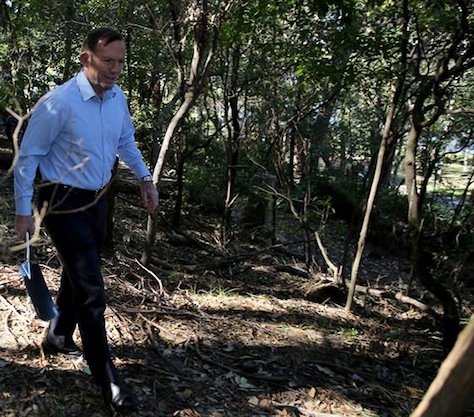Since 2004, Rafael Ramírez has served as the president of Petróleos de Venezuela, S.A. (PdVSA), the country’s state-owned oil company, and since 2002, Ramírez has served as Venezuela’s energy/oil minister. ![]()
That all changed on Tuesday, when president Nicolás Maduro announced a reshuffle of his government, the most significant since his controversial and narrow election in April 2013.
Ramírez, after Maduro and after Diosdado Cabello, the president of the Asamblea Nacional (National Assembly), was the most powerful of the chavistas remaining in government in the aftermath of Hugo Chávez’s death almost exactly 18 months ago. Since that time, Ramírez became, in addition to PdVSA head and oil minister, vice president in charge of economic affairs.
A longtime old hand within chavismo, he was among the most pragmatic and moderate of the chavistas. Ramírez may have run Venezuela’s oil industry into the ground, and he may have been as corrupt as anyone in Venezuela’s government. But he didn’t radiate the kind of socialist, true-believer aura of other leading chavistas, such as former planning minister Jorge Giordani and former foreign minister Elías Jaua.
In the Maduro era, Ramírez endorsed reforms, such as reducing the gasoline subsidy that keeps the price of fueling Venezuelan cars lower than anywhere else in the world and otherwise liberalizing the economy, including with respect to the massively overvalued bolívar.
Asdrúbal Chávez, the cousin of the late former president, will become the next oil minister, while PdVSA engineer and executive Eulegio Del Pino, a close Ramírez ally, will be the oil company’s next president.
Though he was simultaneously named foreign minister, it’s hard to see how Ramírez hasn’t suffered a demotion for a country where 97% of foreign earnings derive from oil. As PdVSA head, in particular, Ramírez controlled the most enviable element of Venezuelan economic policymaking — he controlled the profits. So while the move to foreign minister would be a promotion for many ambitious politicians, in Venezuela, it’s a way of sidelining Ramírez. Continue reading Ramírez demotion headlines Venezuela’s cabinet reshuffle

